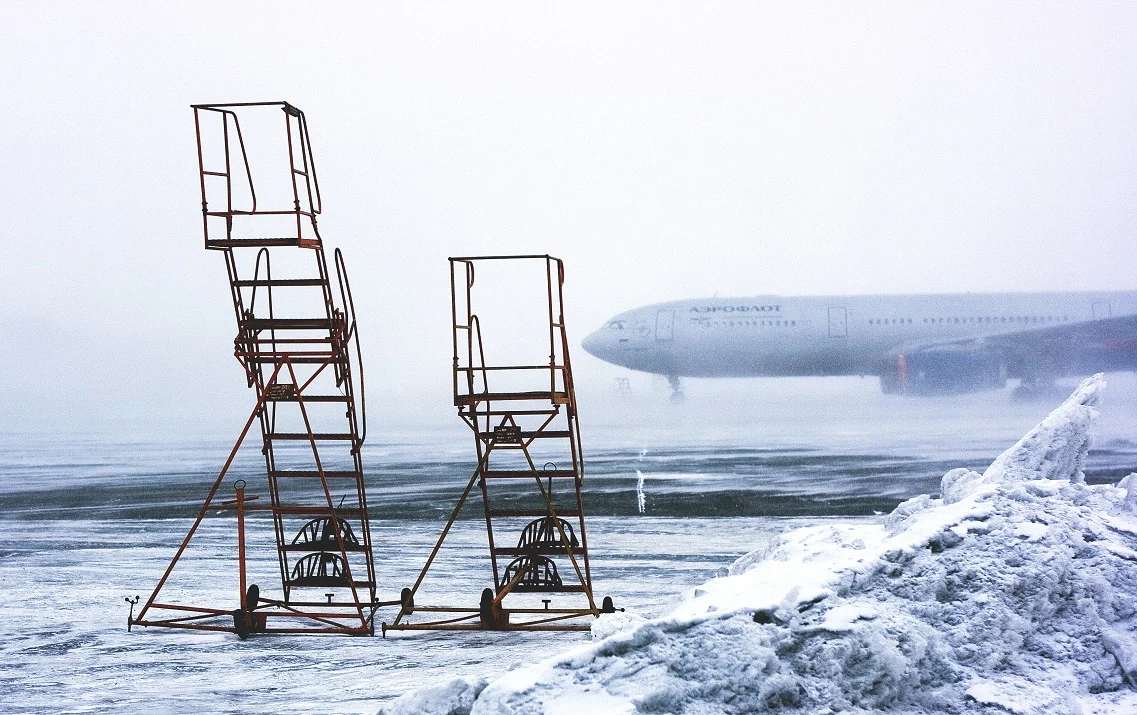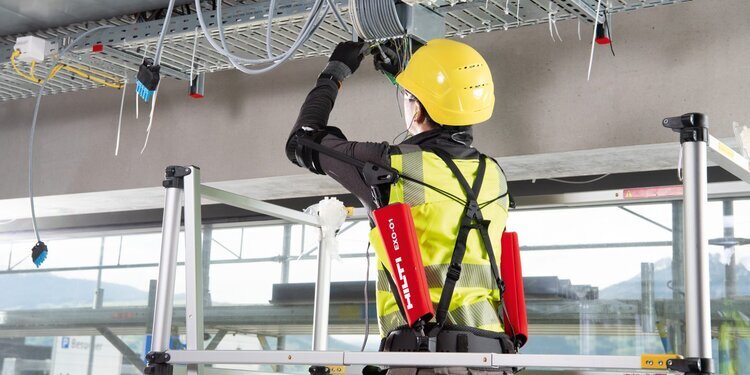Snow causes all kinds of travel nightmares and not just on the roads. Snow and ice can cause major airline delays and flight cancellations. Because of these issues (and the large amounts of money to be gained by solving them) several different groups of researchers have been hard at work figuring out ways to reduce and remove snow and ice from pavement without the need for chemicals and snow plows. The first technology to get a full scale test slab installed at an American airport, however, came from Iowa State University professor Halil Ceylan.
The Des Moines International Airport has been testing two 15 foot by 13.5 foot test slabs of Ceylan’s electrically conductive concrete since Fall of 2016. Throughout the winter, which happened to be fairly mild, the heating elements in the test slabs were manually managed through the use of a smartphone app.
Unlike another heated concrete that Construction Junkie wrote about that contained 20% metal and carbon particles, Ceylan’s design only uses 1% carbon fiber. Each test slab is a total of 7.5 inches thick placed in two layers, with just the top 3.5 inches are electrically conductive.
Engineers are testing heated pavement technologies at the Des Moines International Airport. They've installed two test...
Posted by XPLOCC Technologies on Sunday, April 9, 2017
Each square meter (10.7 square feet) uses about 333 watts over 7 hours, totalling to around 19 cents in additional electric costs. The team of researchers is using plenty of tools to help them determine just how well the slabs are performing, including temperature probes, strain gauges, humidity sensors, surveillance cameras, and thermal imaging cameras.
The project has over $4.4 million in funding, split between the Center of Excellence Partnership to Enhance General Aviation Safety, Accessibility, and Sustainability (PEGASAS) and Iowa State University.
Full story: Iowa State engineers test heated pavement technology at Des Moines International Airport | Iowa State University











In the midst of fierce discourse over the bipartisan infrastructure bill lies a unique opportunity for the United States.